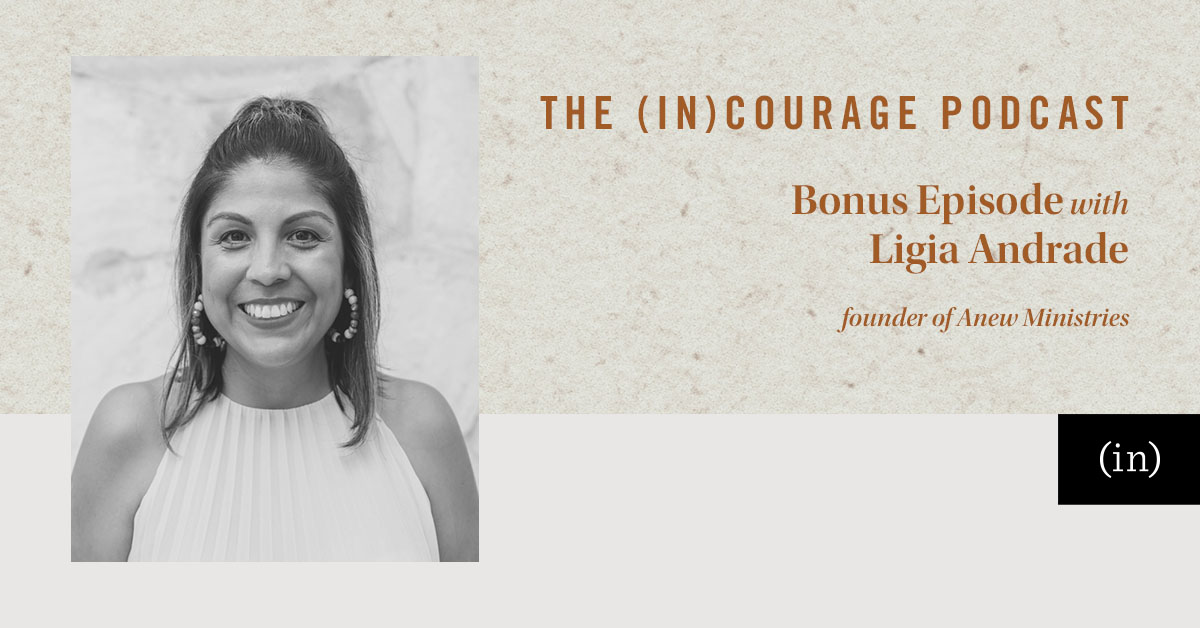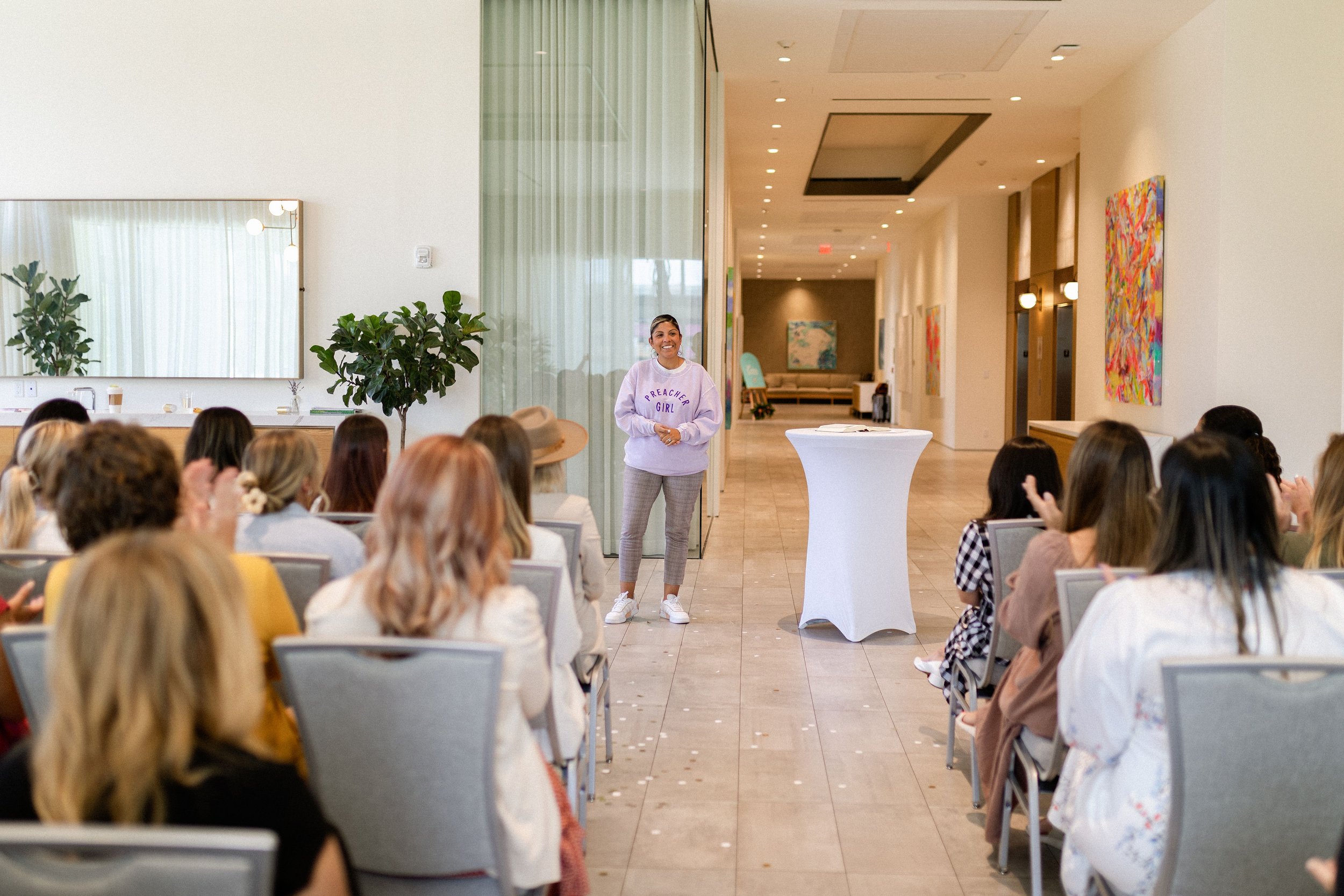Being a single mother is not a title I ever anticipated embracing. Sadly and unexpectedly, it was thrust upon me without any choice.
My little one hadn’t even turned one yet. I felt both physically and mentally exhausted as I navigated through postpartum depression and heartbreak, struggling to make ends meet, often failing to do so. I had been isolated for so long during my previous marriage – having outside friends wasn’t an option.
In my new singleness, I attempted to make friends, but mostly, they were male connections seeking a “transactional friendship,” leaving me even more depleted each time.
That summer in 2007, I reconnected with an old friend. I shared the unexpected change in my marital status, how I had fought hard to keep what I thought was meant to be forever, and how lonely and defeated that loss had left me. Without a second thought, she invited me to the Sunday gatherings she hosted at her place.
The weekly event included a group of people, a meal, and a conversation. She mentioned it could be a great chance to connect with others and make new friends. But I could only think about how it was a free meal for a single mom on a limited budget. So, I started attending these gatherings (later on, discovering it was a small group). As weeks passed, I went less for the food and more for the community I had now been welcomed into.
Life began to look a little different, knowing I wasn’t alone. Things were still challenging, and yes, I still struggled to provide for myself and my child, but I understood what it felt like to belong and be cared for. One Sunday night when our gathering had gone on too late, my friend invited me and my young daughter to spend the night. This was another way I felt deeply seen and taken care of.
At that moment, I made a silent promise to God: when I was in a better place, I would be to another woman what this woman had been to me — the love of Jesus.
In the spring of 2019, the Lord reminded me of my promise. I was remarried, no longer a single mother, and had two more children; things were much better. That spring, the Lord placed it on my heart to gather women in my home to guide them to Jesus through community and connection.
After a few more Holy Spirit nudges and some back-and-forth with the Lord, I came to the place where obedience was the only option.
Even after giving God my yes and inviting a few new and old friends, I wrestled with fear and insecurities. We gathered, served treats, offered coffee, and shared part of my story and the hope of Jesus. We prayed together and even held a raffle, then called it a night. The Lord had me do this two more times. By the third meeting, my home was no longer suitable as we hosted seventeen women eager to come together to find community and connect with others.
In the fall of 2019, the Lord birthed Anew Ministries by guiding me to Isaiah 43:18-19 CSB, which states, “Do not remember the past events; pay no attention to things of old. Look, I am about to do something new; even now it is coming. Do you not see it? Indeed, I will make a way in the wilderness, rivers in the desert.”
I fell in love with the name Anew, which is defined as “in a new or different and typically more positive way.”
That’s our God! A God who is in the business of doing new and different things, surpassing our expectations. A God who meets us in the mess and makes messages out of them.
Anew is where I hope women will be reminded that our God is a God of miracles who sees, loves, and redeems. We hope that every woman we encounter will grow to solidify her identity in Christ and learn to walk “Godfidently” in the good works that Ephesians tells us were prepared in advance for us.
Amiga, if you’re reading this today and resonate with feelings of isolation and loneliness, know that we are praying for you and believe that the Lord has a community ready to grow alongside you right where you live. It may require stepping out of your comfort zone and connecting with your local church, perhaps by joining that Bible study group or accepting an invitation from a friend to her home gatherings. Whatever it is, your people are waiting.
Now, go and allow yourself to be found by Jesus through others, remembering God is still in the business of doing things anew!
Anew Ministries is a Canadian-based nonprofit dedicated to connecting women to each other, nurturing community, and empowering women to solidify their identity in Jesus. They do this by providing a safe space for real conversations, authentic relationships, and resources that foster Spiritual Growth.
You can learn more about Ligia’s work and Anew, along with their online Bible studies and other offerings, by visiting their website: www.anewministries.ca.
And, exciting news!! Anew is coming to the States! On Saturday, May 31st, Anew will host its first US event: the Amigas Bilingual Conference! Hosted at Bethel Barn in Monroe, North Carolina, this is a FREE, unique, bilingual, full-day event honoring faith, sisterhood, and unity!
If you’re near the Charlotte area or want to take a road trip with your amigas, find all the details and register here. Ligia would love to see you!

This weekend, don’t miss a special episode of the (in)courage podcast where you can hear more of Ligia’s story and the heart behind Anew Ministries, and be encouraged by how God is making you anew today too! This episode drops on Saturday on Apple, Spotify, or your favorite podcast app. Just search for the (in)courage podcast!




